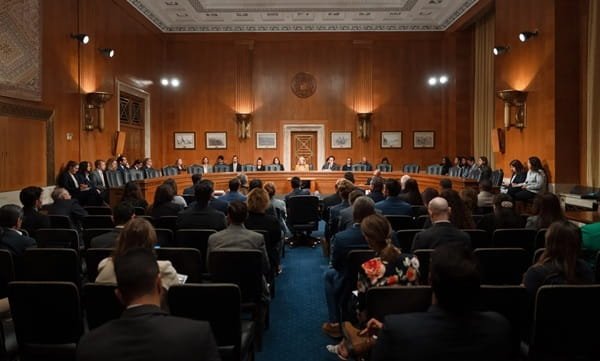It started with a phone call.
A child welfare caseworker needed housing records for a family in crisis. The housing office had them—but on paper. In a locked file cabinet. Two buildings away.
By the time the records were located, the window for intervention had passed. The child had already been removed. The housing need? Addressable. The coordination? Missing.
This isn’t a failure of care. It’s a failure of systems. One that tribal nations across North America are working to fix—by embracing unified tribal case management software designed to connect departments, programs, and people in real time.

The Silo Problem: Well-Intentioned, Deeply Disconnected
Tribal governments often manage a complex range of programs—child and family services, housing, education, health, justice, elder care. Each with its own funding source, compliance requirements, and data system (if any system at all).
Here’s the result:
- Duplicate data entry
- Delayed service coordination
- Inconsistent communication
- No holistic view of a person or family
And in communities where services are often stretched thin, those inefficiencies carry real consequences—missed opportunities for prevention, overburdened staff, and frustrated citizens.
Unified Systems Build Stronger Communities
The solution isn’t more software. It’s better software—platforms that bring programs together while respecting each one’s purpose and privacy.
With modern tribal case management software, departments can:
– Share relevant case details across programs
– Coordinate services with one central record
– Customize workflows for housing, health, child welfare, and more
– Track outcomes across the entire family—not just individuals
– Maintain data sovereignty and control over what’s shared
Instead of working in silos, tribal departments start working together. In sync. In support of the whole person.
Real-World Collaboration: What It Looks Like
Imagine this:
A housing coordinator sees that a parent in her program has an open child welfare case. With the right permissions, she reviews the family’s service history, confirms income eligibility, and triggers a referral to emergency utility assistance—all without leaving the platform.
Meanwhile, a behavioral health counselor—looped in automatically—schedules a follow-up.
No faxes. No phone tag. No waiting for a case conference two weeks from now.
Just action. Now.
That’s the power of shared systems that are built for tribal government—not adapted from generic public sector tools.
Protecting Sovereignty While Enhancing Service
For many tribal leaders, data sovereignty isn’t a buzzword—it’s non-negotiable.
And rightly so.
That’s why tribal case management platforms must do more than integrate data—they must give tribes full ownership of it. That means:
– Self-hosting options
– Clear permission structures
– Configurable reporting (for tribal councils, grants, or federal audits)
– Respect for cultural practices and protocols in how data is collected and shared
Solutions like Casebook are built with these principles in mind—designed in partnership with Indigenous communities to support, not supersede, tribal governance.
Final Thought: Connection Isn’t Just a Feature—It’s the Future
Unified systems don’t erase the uniqueness of each department. They empower it.
Because when housing, health, education, and social services are connected, tribal nations can move from reactive service to proactive care. From duplication to coordination. From fragmented files to full-family stories.
And that’s where the most meaningful work happens: at the intersection of departments, guided by shared purpose, powered by smart systems.
So if your tribal government is still piecing together spreadsheets, paper files, or mismatched tools—it’s time to ask: what could we accomplish if we all worked from the same page?
The answer might just be transformational.














